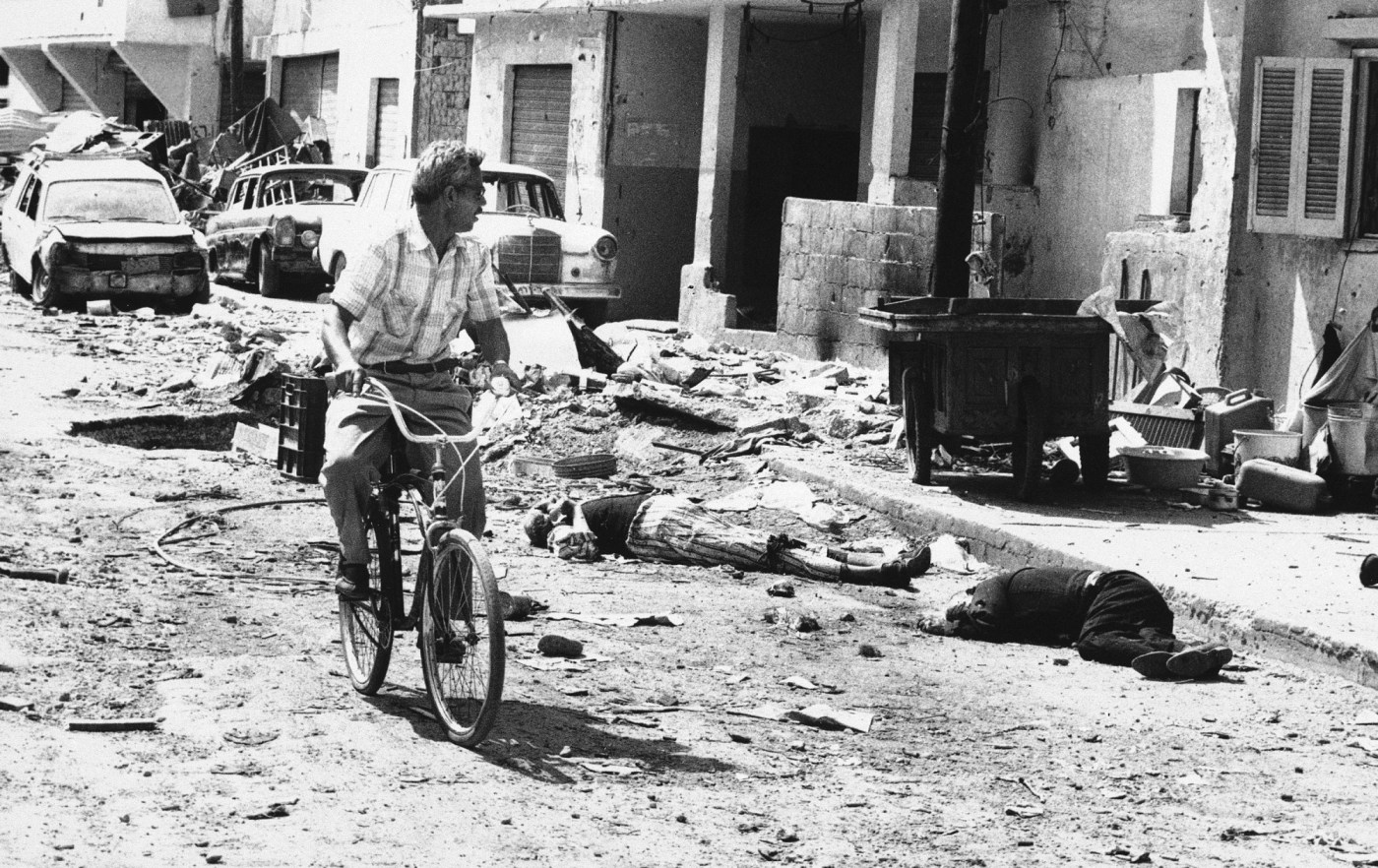On September 16, 1982, a devastating massacre unfolded at the Sabra and Shatila refugee camps in West Beirut, resulting in the deaths of more than 1,300 Palestinian men, women, and children. The violence was carried out by the Israeli-allied Christian Phalange militia during the Lebanese Civil War, marking a dark moment in the region’s history. This event serves as a stark reminder of the ongoing conflicts and humanitarian crises that have shaped the Middle East.
Historical Context and Significance
The Sabra and Shatila massacre began in the aftermath of the Israeli invasion of Lebanon, which aimed to dismantle the Palestine Liberation Organization (PLO) and facilitate the establishment of a pro-Israeli government. Following the assassination of Lebanese President Bashir Gemayel, Phalange forces entered the camps to seek retribution against Palestinian refugees. The violence lasted for three days, with reports indicating that the majority of the victims were civilians.
The international community has condemned the massacre, and it remains a significant point of contention in discussions surrounding Israeli-Palestinian relations. Various human rights organizations have documented the events, calling for accountability and justice for the victims.
This date in history also coincides with important events in other contexts. On September 16, 1810, Miguel Hidalgo y Costilla, a Catholic priest, initiated the Mexican War of Independence by calling upon his parishioners to rise against Spanish colonial rule. This rebellion marked the beginning of a lengthy struggle for independence that would eventually lead to the establishment of a sovereign Mexican state.
Other Notable Events on September 16
In addition to the Sabra and Shatila massacre and the call to arms by Hidalgo, several other significant occurrences have taken place on this date throughout history. In 1893, the largest land run in U.S. history occurred as over 100,000 white settlers rushed to claim land in what is now northern Oklahoma. This event transformed the landscape and demographics of the region.
The founding of General Motors on September 16, 1908, by William C. Durant in Flint, Michigan, marked the beginning of one of the largest automotive companies in the world. This development would later play a critical role in shaping the global automobile industry.
In 1966, the Metropolitan Opera officially opened its new house at New York’s Lincoln Center for the Performing Arts, featuring the world premiere of Samuel Barber’s “Antony and Cleopatra.” This event signified a new era for the American arts scene.
The date also bears significance due to the events of September 16, 1974, when then-President Gerald R. Ford signed a proclamation announcing a conditional amnesty program for Vietnam War deserters and draft evaders, reflecting the social and political climate of the time.
More recently, in 2018, Hurricane Florence caused catastrophic flooding across the Carolinas, leading to at least 17 confirmed deaths. The storm’s impact highlighted the ongoing challenges posed by climate change and natural disasters.
As we reflect on September 16, both for its tragedies and milestones, it is essential to remember the lessons learned from these events. The ongoing struggles in the Middle East, the fight for independence in Mexico, and the impact of natural disasters continue to shape our world today.
